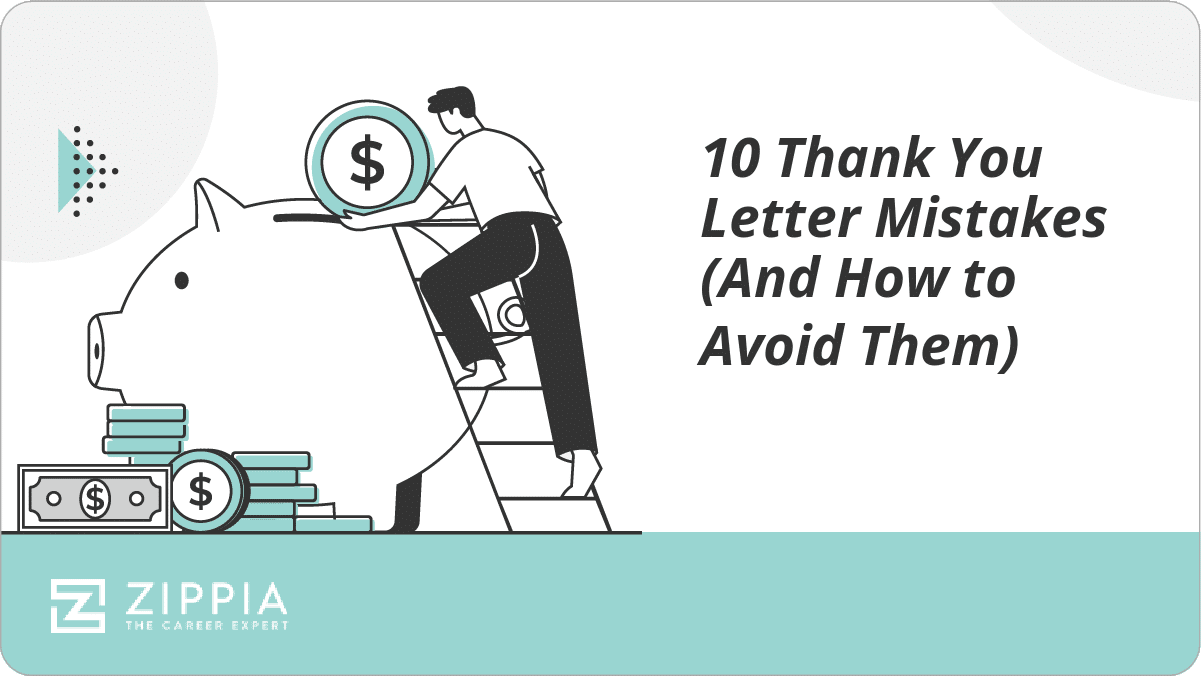- Office Etiquette
- Office Etiquette
- Dating A Coworker
- April Fools Pranks For Work
- How To Be A Good Employee
- Pet Peeves List
- How To Write A Project Proposal
- Qualities Of A Good Worker
- How To Get Along With Your Boss
- What Engaged Employees Do Differently
- What To Say Instead Of Sorry
- How To Send A Friendly Reminder Email
- How To End A Conversation
- Sorry For The Delay
- Tattoos In The Workplace
- Sorry For The Late Reply
- How To Respond To A Compliment
- New Employee
- How To Introduce Yourself Professionally
- Welcome New Employee Announcement
- Welcome Letter
- Thank You Note To Colleague
- 30/60/90 Plan
- Getting To Know You Questions
- Job Satisfaction
- Team Building Activities
- At Will Employment
- Company Culture
- Corporate Culture
- How To Succeed At Your New Remote Job
- How To Prepare For New Job Orientation
- How To Create An Employee Handbook
- Hostile Work Environment
- Hostile Work Environment
- How To Deal With A Difficult Coworker
- What Is Human Resource Development (HRD)?
- I Hate My Job
- Burnt Out At Work
- Condescending Coworker
- Sexual Harassment In The Workplace
- Work Environment
- My Job Sucks
- Favoritism At Work
- Respect In The Workplace
- Wagner Act
- Documentation In The Workplace
- Unconscious Bias
- Ageism
- What To Do When You Feel Unappreciated At Work
- How To Respond To A Warning At Work
- How To Deal With A Passive Aggressive Coworker
- What To Do When You're Unhappy At Work
- I Hate My Boss
- Gaslighting Boss
- Signs You're Underpaid
- Insubordination At Work
- Missing Work
- Communicating
- Send Retirement Wishes
- Write A Congratulations Email
- Professional Voicemail Greeting Examples
- Made A Mistake At Work
- Google Tricks
- Appeal Letter
- Employee Morale
- How To Write A Professional Email
- Out Of Office Message
- Small Group Icebreakers
- Memo Format
- Memo Examples
- Cell Phone At Work
- Meeting Minutes
- Communication Barriers
- How To Take Notes
- How To Brainstorm
- Ask For A Mental Health Day
- Transfer Request Letter And Email Examples
- How To Write A Business Proposal
- How To Deal With A Lazy Coworker
- How To Write A Rejection Letter
- How To Say No
- Scheduling
- Personal Goals
Find a Job You Really Want In
As an employee of an organization, you may experience some kind of disciplinary action during your time there. Receiving disciplinary action is a more common occurrence than you may believe. Its purpose can be anything from correcting behavior to reprimanding inappropriate actions in the workplace.
Warnings at work typically come in two different forms, written and verbal. Whatever the warning, it’s important to understand your company’s process and be careful about your response to the warning. The warning will likely come from your direct manager, who may be unhappy or dissatisfied with your performance or behavior at work.
There are two different types of warnings you can receive. The first is a verbal warning which is a less serious warning and usually happens as a one-off conversation or in a 1:1 meeting. Verbal warnings are typically just reminders to correct a behavior or suggestions on how to improve in the future.
The second kind is a written warning. These are absolutely more serious and typically comes after a verbal warning has been issued. If you have done the same thing, made the same mistake, or failed to correct a behavior, you will receive a written warning from your manager or from the human resources department.
You will likely be required to sign the written notice and send it back to the HR department so that they can keep it on record for any future instances that may arise in the future.
Depending on the process, warnings should typically follow a discussion with your manager, who may suggest you correct your mistake before they issue a formal warning. Although receiving a warning may feel detrimental to your success at your job, it’s important to take it as an opportunity to improve your craft and professional presence.
What It Means to Get a Warning
When you first take a job and sign your employee contract, you’ll typically be signing into “at-will employment.” This means you’re able to resign from your position at any time if you so choose. However, it also means that the company has the right to terminate employment for its own reasons at any point.
However, most organizations will not terminate employees without reason or cause. Doing so could open up potential lawsuits and damage their reputation both internally and externally. Rather than firing employees suddenly, many businesses have policies in place to document and deal with poor performance and bad behavior from employees.
When an employee receives a warning, it typically comes before a formal meeting that both your manager and human resources will join. They’ll typically go through the specifics of your warning and allow you time to answer questions.
Be sure you understand the specific behavior they’re looking for you to correct or the performance goal you’re expected to reach. Feel free to ask for suggestions or additional clarification if you are not clear.
Warnings are a serious thing and shouldn’t be taken lightly. Formal warnings are much more serious since they are officially documented with the human resources department. If your manager yells at you or reprimands you in an informal manner, take that as a warning sign that an official warning may be on its way, should the behavior or action not be corrected.
If you receive a warning, you shouldn’t take it as a sure sign that you’ll be fired. Take it as an opportunity to correct your behavior and learn from your mistakes. Of course, that’s not to say it’s not a serious action from your manager.
Going through the process of filing a formal warning is something your manager likely did not take lightly, and it means they are very dissatisfied with your work. But if you are able to take the critical feedback and fix the problem, you may be able to repair the professional relationship with your boss.
How to Respond to a Warning
When you first read a formal warning in your inbox, you may feel a range of emotions. It’s normal to be surprised, feel devastated, or even that you didn’t deserve it. But one thing is certain. After receiving a warning, you’ll want to prepare a response. Here are a few tips to consider when crafting a response to a formal warning.
-
Take a moment to process. Give yourself some time, if you need to, before crafting an answer. You don’t want to come across as angry or defensive, especially if this is a concern in your warning.
Take a bathroom break, go for a quick walk, or get a glass of water so that you can fully process the warning. If you’re able, try meditating for ten minutes to calm your emotions and any negative thoughts.
-
Decide if you can rebut the warning. Take a look at the specifics of your warning. You’ll need to decide if the indicated issues are fair and accurate or if you disagree with them.
If you disagree, it’s a good idea to specifically find evidence that you can bring to your meeting or send it back via email to prove the claim isn’t true. If you need more specifics, ask your manager for more details.
-
Write an outline. Before you spend the time writing out your official response, consider writing a short outline to be sure you cover every detail outlined in the official warning. It’s also a good idea to do this before heading into a warning meeting so that you can make sure you’re asking all questions and asking for detail where needed.
-
Ask or provide detail on how you will change your behavior. Your manager is likely looking for many things by providing this warning, one of which includes an understanding of how serious you are about fixing the problem. It’s a good idea to develop some details on your ideas of how you’ll plan to change your behavior or correct your performance moving forward.
-
Ask for a warning time frame. Many organizations will have warning time frames where the employee is expected to correct their behavior in a specific amount of time, typically 90 days.
Be sure that you understand where you need to be once this timeframe is up. It’s a good idea to set for or ask for specific goals that you should reach, especially if your warning is performance-based.
-
Be honest. Make sure that you take a good look at what your manager has said in this warning. Use this as a learning opportunity to become more self-aware and consider your shortcomings, where you may need to develop more, or actions you need to adjust.
Final Thoughts
As we mentioned above, work warnings are more common than you may think. It’s often part of the learning experience at new places or work or in new positions. It’s important to take them seriously, but even more important to look at them as opportunities to improve in the future.
Warnings don’t necessarily mean you’re bad at your job, they may mean the company or industry is not the right fit for you, or you and your manager don’t have cohesive working styles.
There are a wide variety of reasons why you may receive a warning. Whatever the case, it’s a chance to pause and improve your skills, behavior, and outlook, or it’s an opportunity to make a change in your career.
- Office Etiquette
- Office Etiquette
- Dating A Coworker
- April Fools Pranks For Work
- How To Be A Good Employee
- Pet Peeves List
- How To Write A Project Proposal
- Qualities Of A Good Worker
- How To Get Along With Your Boss
- What Engaged Employees Do Differently
- What To Say Instead Of Sorry
- How To Send A Friendly Reminder Email
- How To End A Conversation
- Sorry For The Delay
- Tattoos In The Workplace
- Sorry For The Late Reply
- How To Respond To A Compliment
- New Employee
- How To Introduce Yourself Professionally
- Welcome New Employee Announcement
- Welcome Letter
- Thank You Note To Colleague
- 30/60/90 Plan
- Getting To Know You Questions
- Job Satisfaction
- Team Building Activities
- At Will Employment
- Company Culture
- Corporate Culture
- How To Succeed At Your New Remote Job
- How To Prepare For New Job Orientation
- How To Create An Employee Handbook
- Hostile Work Environment
- Hostile Work Environment
- How To Deal With A Difficult Coworker
- What Is Human Resource Development (HRD)?
- I Hate My Job
- Burnt Out At Work
- Condescending Coworker
- Sexual Harassment In The Workplace
- Work Environment
- My Job Sucks
- Favoritism At Work
- Respect In The Workplace
- Wagner Act
- Documentation In The Workplace
- Unconscious Bias
- Ageism
- What To Do When You Feel Unappreciated At Work
- How To Respond To A Warning At Work
- How To Deal With A Passive Aggressive Coworker
- What To Do When You're Unhappy At Work
- I Hate My Boss
- Gaslighting Boss
- Signs You're Underpaid
- Insubordination At Work
- Missing Work
- Communicating
- Send Retirement Wishes
- Write A Congratulations Email
- Professional Voicemail Greeting Examples
- Made A Mistake At Work
- Google Tricks
- Appeal Letter
- Employee Morale
- How To Write A Professional Email
- Out Of Office Message
- Small Group Icebreakers
- Memo Format
- Memo Examples
- Cell Phone At Work
- Meeting Minutes
- Communication Barriers
- How To Take Notes
- How To Brainstorm
- Ask For A Mental Health Day
- Transfer Request Letter And Email Examples
- How To Write A Business Proposal
- How To Deal With A Lazy Coworker
- How To Write A Rejection Letter
- How To Say No
- Scheduling
- Personal Goals





